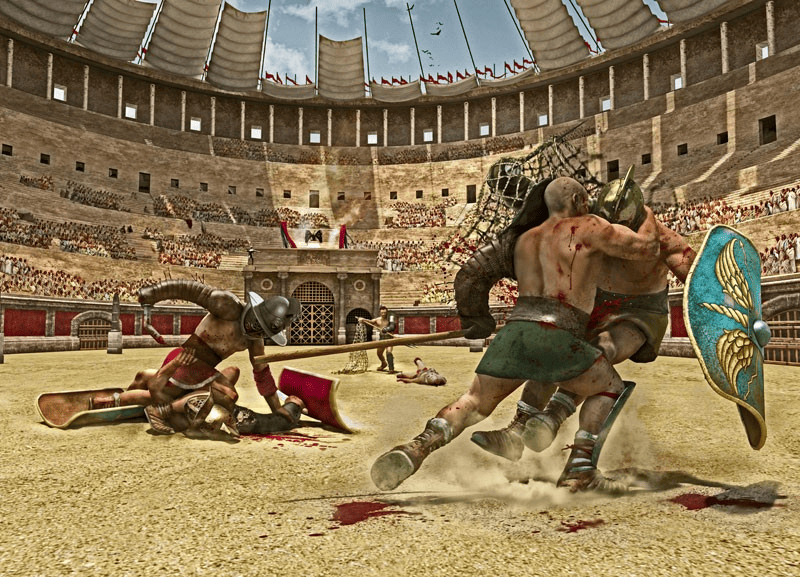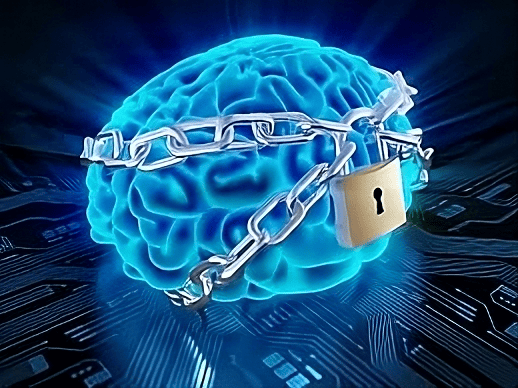Physical Address
304 North Cardinal St.
Dorchester Center, MA 02124
Physical Address
304 North Cardinal St.
Dorchester Center, MA 02124

Have you ever wondered why some of history’s most oppressive regimes faced so little resistance from their people? The answer, quite often, lies in an ancient Roman strategy known as “bread and circus.” This phrase refers to the practice of keeping the populace content and distracted with free food and grand spectacles, effectively dulling their awareness of deeper societal issues. Though it originated in the Roman Empire, this tactic is alive and well today, disguised in modern forms that are often even more insidious.
In this blog, we’ll explore the historical roots of bread and circus, uncover its modern-day manifestations, and discuss practical steps to avoid falling into its trap. By the end, you’ll see how these distractions are used to subtly control society, and we’ll link this concept to another critical topic: “The Silent Chains: How Tyranny Flourishes in Plain Sight.” Let’s dive in.
The term “bread and circus” (Latin: panem et circenses) was coined by the Roman poet Juvenal. In his satirical works, Juvenal lamented how easily the Roman populace could be appeased with superficial pleasures. Instead of addressing corruption, economic instability, or the erosion of their democratic rights, citizens were distracted by free grain handouts and extravagant gladiatorial games.
The strategy was simple yet effective. Hungry and entertained people were far less likely to rebel against the government. Emperors, like Augustus and Nero, mastered the art of distraction, ensuring that the masses focused on the grandeur of the coliseums rather than the failings of their leaders.

But bread and circus weren’t just about food and games—they symbolized the broader idea of using distractions to pacify dissent. The Roman elite understood that an informed and engaged populace posed a threat to their power. By keeping people focused on trivialities, they could maintain control with minimal resistance.
Does any of this sound familiar? It should.
Fast forward to the 21st century, and the tools of bread and circus have evolved dramatically. Governments and corporations no longer need gladiatorial games or literal grain handouts to keep us pacified. Instead, they have an arsenal of modern distractions at their disposal:
Streaming platforms, blockbuster movies, video games, and sports events dominate our attention. While there’s nothing inherently wrong with enjoying these things, they’re often used as tools to keep people disengaged from pressing societal issues. Why question systemic corruption when the latest binge-worthy series is just a click away?
Sales events like Black Friday and Amazon Prime Day keep us perpetually focused on acquiring more. Advertisements bombard us with messages that happiness is just one purchase away. Meanwhile, the economic systems that create inequality remain unchallenged.

Modern media overwhelms us with an endless stream of headlines, trending topics, and viral content. Important issues are often buried under celebrity gossip, sensational stories, and pointless debates. Social media, while a powerful tool for connection, also traps us in echo chambers and distracts us with likes, shares, and mindless scrolling.
Even politics has become a form of entertainment. Dramatic debates, scandals, and partisan fights often overshadow meaningful discussions about policy or governance. Theatrics replace substance, leaving citizens more divided and distracted than ever.
The core purpose of bread and circus remains the same: to control the masses by keeping them distracted and docile. Here’s how it works:

Resisting bread and circus isn’t easy, but it’s essential if we want to reclaim our agency and challenge the systems of power that seek to control us. Here are some steps you can take:
Take regular breaks from social media, news, and entertainment. Use this time to reflect on what truly matters and where your attention should go. A simple “digital detox” can work wonders for your mental clarity.
Choose a few trusted sources for news and stick to them. Avoid falling into the trap of consuming endless, often contradictory information.
Question everything—from media narratives to political promises. Seek out diverse perspectives and challenge your own biases.
Instead of passively consuming distractions, engage in activities that create real change. Volunteer, attend community meetings, or support grassroots movements that align with your values.

Find joy in simple, meaningful activities like reading, spending time in nature, or connecting with loved ones. These moments ground us and remind us of what’s truly important.
At its core, bread and circus is a tool of control—one that tyrants throughout history have wielded with great success. When people are distracted and pacified, they’re far less likely to notice the gradual erosion of their freedoms. And make no mistake: the erosion often happens in plain sight.
This leads us to our companion blog post, “The Silent Chains: How Tyranny Flourishes in Plain Sight.” If bread and circus explains the “how” of distraction, “The Silent Chains” dives into the “why” of unnoticed oppression. Together, these posts provide a comprehensive look at the mechanisms of control in our modern world.

Disclaimer: Any comparisons between historical tyranny and modern systems are purely coincidental (wink, wink). This blog is for educational purposes only. If you’re feeling personally attacked, you might want to ask why. And remember, laughing at tyranny is not only cathartic but also deeply annoying to oppressors. 😉
By understanding the concept of bread and circus, you’re already taking the first step toward breaking free from its grip. Awareness is power, and once you see the distractions for what they are, you’ll find it much harder to fall for them. Stay curious, stay critical, and never stop questioning the systems that seek to control you. Tyranny doesn’t stand a chance when we’re paying attention.